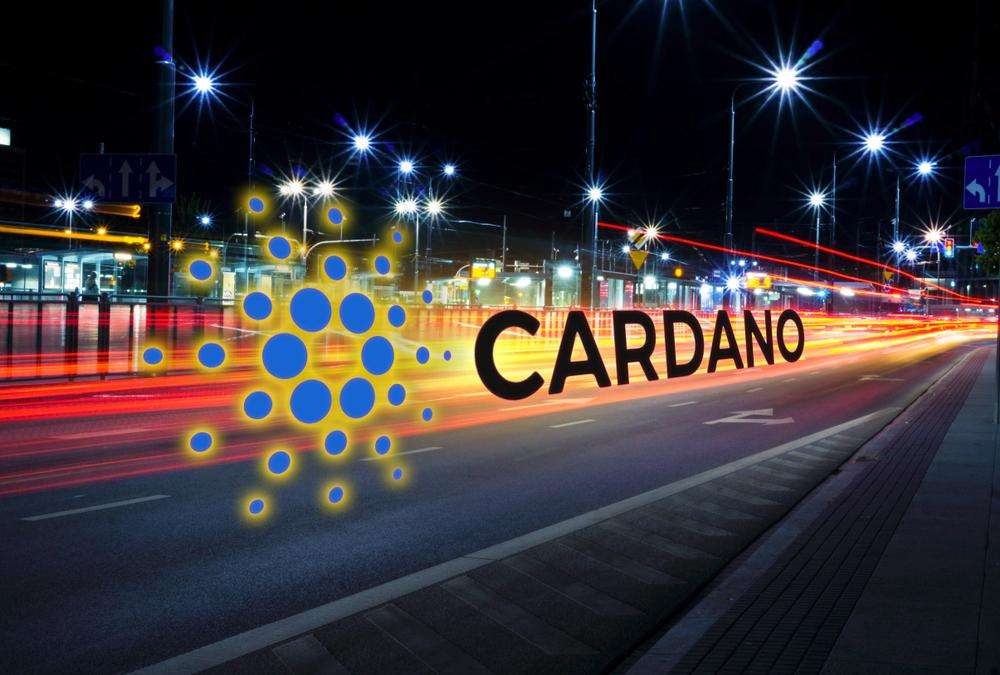- The team behind the Cardano project is gearing up to improve the network by focusing on scaling and optimization.
- On-chain solutions such as increasing the block size will be deployed simultaneously to off-chain like connecting separate blockchains (Sidechains).
Last year, Cardano celebrated a major milestone with the deployment of smart contracts on its mainnet. Since then, the network has enjoyed massive adoption as it strives to take down its immediate rival, Ethereum. In its efforts to achieve this, Input-Output Hong Kong (IOHK), the developer behind Cardano blockchain is taking a keen interest in scaling and optimization of the Cardano project. In a recent blog post, the team has shared its insights and how it plans to achieve this.
Ethereum- Cardano’s main rival- is years after its deployment struggling with scaling and optimization. Already, Cardano boasts of higher speeds and lower speeds owing to its adoption of the Proof of Stake mechanism as opposed to Ethereum’s Proof of Work.
Related: Cardano tops list in development activity, Is ADA set up for an explosive 2022?
With Ethereum already working on optimization and scaling with the much-awaited Ethereum 2.0 launch, Cardano is aiming to stay ahead and has outlined a number of ways in which it plans to employ to improve the network. Some these include;
Block size increase
As widely known, the bigger the block, the more transactions can be achieved. With this in mind, the IOHK is working to increase the block size. Recently, the team notes that the block size was increased by 8KB to bring the total block size up to 72KB (a 12.5% increase) since the overall health has improved.
Memory & CPU usage
Plutus- the smart contract language used on the Cardano project- is actively being improved with the most recent improvement coming in the form of “memory improvements in Unspent Transaction Output (UTXO) handling, stake distribution, live stake distribution and pools, and hash representation.”
Script enhancement
On the same, the team plans to ensure more effective usage of the powerful EUTXO model. This will be achieved through reference inputs (CIP-0031), Plutus Datums (CIP-0032), and Script sharing (CIP-0033).
Node enhancement and On-disk storage
Two of the other On-chain improvements IOHK is looking into are enhancing the node to help distribution of stake and reward computations across the epochs, as well as storing portions of the protocol state on disk. Both will significantly improve the blockchain leading to a more optimal and scalable network.
Cardano Off-chain solutions
Other than the On-chain solutions listed above that the platform plans to employ, there are several Off-chain solutions in play to mitigate the issue. Actions such as deploying Sidechains will allow “tokens and other digital assets from one chain to be used in another”. This is through a two-way system known as “the bridge”.
Hydra which aids in processing transactions off-chain more efficiently, and Mithril which helps with the issue of scalability are also part of the project. Furthermore, Off-chain computing will be employed to improve networks efficiency by offloading some computations which will ultimately make the transaction much faster and cheaper.
Cardano (ADA) price update
After a stellar performance in the first half of 2021 culminating in making it to the top three coins by market cap, Cardano’s native token ADA has slowed right down. ADA has lost nearly 60 percent of its value from its September all-time high of $3.00. This weekend, the altcoin is in the green and is exchanging around $1.30 after adding just under 5 percent in the last 7 days.
Despite the slow start into the year, the altcoin is a favorite option for many investors and analysts. One of these is Lark Davis who has named it among his top ten picks for 2022.
Top 5 #crypto coins end of 2022 will be
1 #Bitcoin
2 #ethereum
3 #polygon
4 #solana
5 #Cardano
and just for fun $shib in 6th placeDo you agree?
— Lark Davis (@TheCryptoLark) January 7, 2022
Recommended for you:
- Buy Cardano Guide
- Cardano Wallet Tutorial
- Check 24-hour Cardano Price
- More Cardano News
- What is Cardano?
Subscribe to our daily newsletter!
No spam, no lies, only insights. You can unsubscribe at any time.




